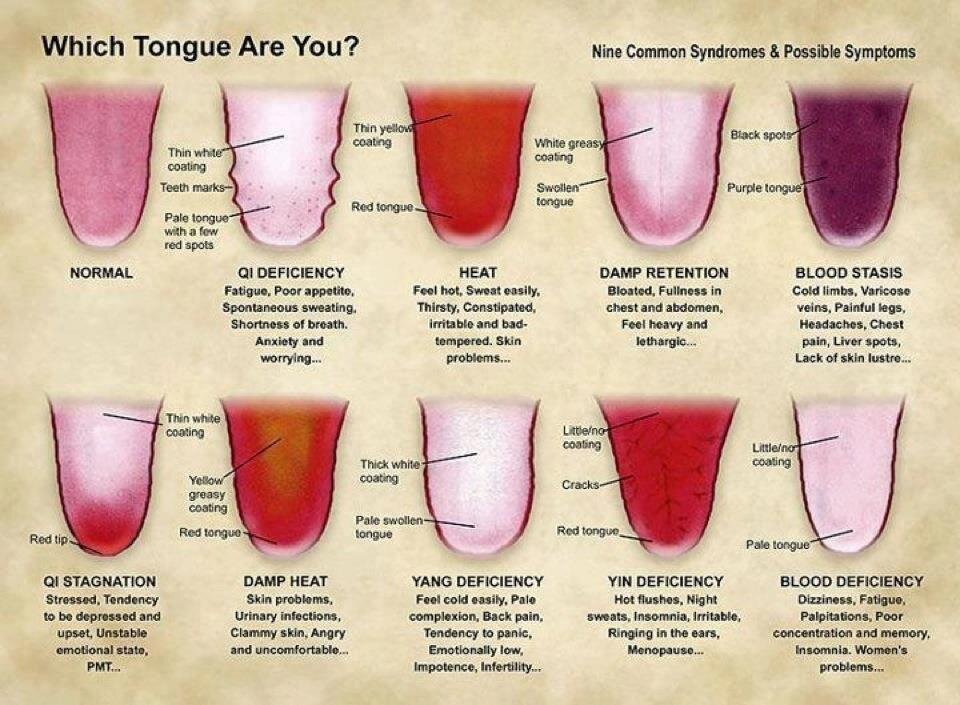Why did my acupuncturist ask to look at my tongue and take my pulse?
For anyone who practices acupuncture, or has been attending an acupuncturist for a while, ‘can I just have a look at your tongue’ and ‘I’m just going to take your pulse’ are perfectly normal phrases to say or hear. For the average person going to their first acupuncture appointment and not really knowing what to expect, this may be the point at which you decide that this whole thing is completely cracked and it’s time to make your excuses to get home as fast as possible.
The Tongue
So first off the tongue. This is perhaps the most unusual request. In Chinese Medicine, the tongue can give a lot of information. The shape and colour of the body of the tongue, the colour and type of coating, cracks in the tongue and where on the tongue there is and isn’t coating all gives information. Underneath, the sublinguals and whether or not they are enlarged tell us more. A normal tongue should be pink with a low amount of clear saliva, not swollen or elongated, no cracks and with a thin white coat. In reality, very few people by the time they reach adulthood have this type of tongue but next time you get the opportunity to check the tongue of a little baby, you will see where it all began.
This is a handy guide if you want to try reading your tongue at home. The important thing is not to worry if you see something unusual, a little bit of living will always show on your tongue - think of it as a short story of your life so far!
The Pulse
When an acupuncture practitioner takes your pulse they will most likely use three fingers on your wrist and ask to take it on the right and the left. This is not because they think that your pulse rate is different on each side, but because each area on the pulse relates to a different organ in the body. On the right wrist, they are feeling for the pulse relating to Kidney yang, spleen and lung. On the left wrist, they are feeling for the pulse relating to the kidney yin, the liver and the heart. For each position there are three depths to feel for which all have their own indication. Beyond that, the type of pulse could be one of many ‘types’ such as choppy, floating, deep, thready and so on. Then of course there is the speed, a slow pulse can indicate the presence of an internal cold in the body while a fast pulse can indicate heat in the body. This is all very important information that helps complete the picture of the underlying condition in the body and ensures that the correct individual treatment plan is developed.
So next time your acupuncturist takes your pulse or looks at your tongue, you will understand why they are concentrating so hard and perhaps decide that there is no need to head for the hills after all.


